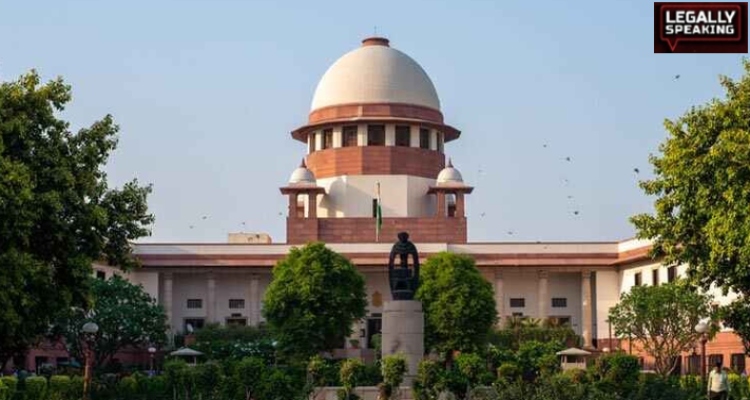
The Supreme Court on Friday declined to hear a plea seeking the implementation of the 2012 recommendations of the Election Commission (EC) concerning the cooling-off period to deter public servants from contesting polls immediately after retirement or resignation.
A bench comprising Justices Surya Kant and Sandeep Mehta permitted petitioner G V Harsha Kumar, a former parliamentarian, to withdraw the plea, granting him the liberty to approach the appropriate authority.
The plea sought directives to the Election Commission and the Centre for executing the 2012 recommendations of the poll panel and the July 2004 report of the Committee on Civil Service Reforms. These recommendations aimed to prevent government servants from contesting elections to the legislature, parliament, or state assembly on a political party ticket immediately after retirement or resignation from service, by enforcing a cooling-off period.
Additionally, it had requested a direction from the Centre to grant unified pension benefits to bureaucrats who have served as members of the assembly and parliament.
Advocate Sravan Kumar Karanam filed the plea in the apex court.
“This report dates back to 2012,” noted the bench, adding, “Would you like to withdraw or proceed with arguments?”
The counsel opted to withdraw the petition.
The plea highlighted that the petitioner had served as a Member of Parliament of Lok Sabha between 2004 and 2014. It underscored the recommendations made by the EC in 2012 and the committee appointed by the Centre for Civil Service Reforms, advocating for a cooling-off period for bureaucrats and public servants transitioning into politics and contesting elections.
Despite these recommendations being proposed two decades ago, the plea lamented their non-implementation, leading to several bureaucrats and judges opting for voluntary retirement from public service and immediately entering political contests by joining a political party without observing a cooling-off period.
It further alleged that certain political parties rewarded officials/public servants who may have assisted through unlawful means by offering them tickets to contest in assembly and parliament elections.
The plea contended that civil servants and judges often possess access to sensitive and confidential information during their tenure. Allowing an immediate transition to a political role, it argued, may raise concerns about the misuse of privileged information for personal or party gain.
“A cooling-off period ensures that civil servants have the necessary time to disassociate themselves from their previous roles and responsibilities,” it emphasized.




